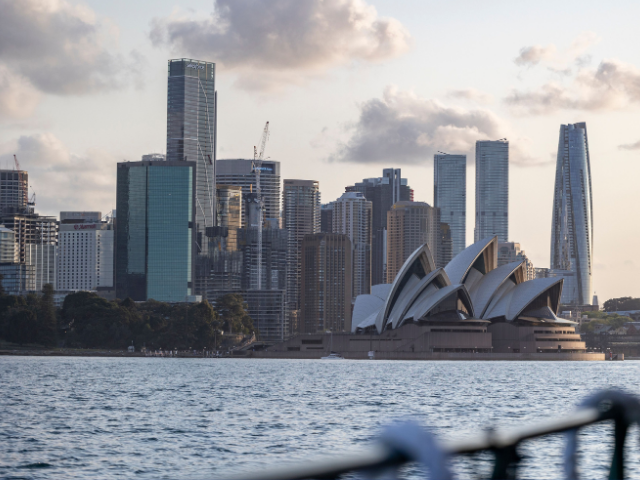In a historic decision, the High Court recently published its unanimous ruling on indefinite immigration detention. The decision was unanimous, by seven high court judges. The case is NZYQ v Minister for Immigration, Citizenship and Multicultural Affairs [2023] HCA 37 (28 November 2023).
The High Court ruled that it is unlawful to detain a person indefinitely, in circumstances where there are no real prospects of removing them from Australia. The case involved a stateless individual to whom Australia owed protection, being not a citizen of any country, and with no available country willing to resettle him.
The court examined sections 189(1) and 196(1) of the Migration Act, finding that they exceeded the Commonwealth's power.
The High Court emphasized that the Executive lacks the authority to impose criminal punishment, which falls under the jurisdiction of the Australian courts. Consequently, the court deemed indefinite detention as a form of punishment beyond the government's constitutional power, making it unlawful.
What are the facts of this case?
The applicant is a Rohyingya Muslim who arrived in Australia by boat in 2012 and was granted a bridging visa in 2014. Later found guilty of a sexual offense against a child, he was sentenced to 5 years imprisonment.
During this time, he applied for a Protection visa, and it was found that he is a person Australia owes protection obligations because he has a well-founded fear of persecution. Ultimately the protection visa wasn't granted because of his criminal conviction.

After being released on parole in 2018, he was taken into immigration detention. In April 2023, he appealed to the High Court arguing his continuing detention was not authorised.
On 30 May 2023, both parties in this case agreed to 2 very important facts:
1. The applicant cannot be removed from Australia.
2. There is no real prospect of the applicant being removed from Australia in the reasonably foreseeable future.
The High Court decided that the applicant's detention has been unlawful since 30 May 2023, and ordered his release.
The applicant is a stateless person, to whom Australia owes protection. He is not a citizen of any country, and no country will resettle him.
Why is it unlawful?
According to the Australian Constitution, an unlawful non-citizen can only be kept in immigration detention for a legitimate, non-punitive purpose.
Indefinitely detaining those who cannot be legally removed from Australia, was said to be punitive (i.e. punishment) rather than for a legitimate purpose.
The Executive (government departments and ministers) do not have the power to impose criminal punishment. Instead that power rests with the Australian courts.
The High Court decided that indefinite detention is a form of punishment that goes beyond the government's power and is therefore unlawful.
What now?
The Federal Government reacted very quickly in response to this significant decision. Immigration Minister Andrew Giles quickly introduced a Bill, which passed, which imposes strict conditions on Bridging visas granted to those who have been released. This includes requiring them to always wear a monitoring device, follow a curfew, and report regularly.
As the Federal Government moves to enforce these new laws, legal challenges are anticipated. The High Court is expected to consider and assess the constitutionality of these laws, setting the stage for potential updates and developments in the near future.
Sources:
https://www8.austlii.edu.au/cgi-bin/viewdoc/au/cases/cth/HCA/2023/37.html
How can Work Visa Lawyers help?
Our team of experienced Immigration Lawyers and Migration Agents look forward to assisting you with your potential visa application(s).
Based in Adelaide, South Australia, we provide Australian Immigration advice to people and businesses from all over the world.
You can book an appointment online or call us at (+61) 8 8351 9956.








